25 Must-Know Facts For A Safe Great Barrier Reef Experience

The Great Barrier Reef is an entire underwater universe brimming with vibrant coral and adventure waiting to happen. But before you grab your snorkel and start splashing around, there are a few things you’ll want to know to make sure your reef experience is as safe as it is unforgettable. So, here are 20 must-know facts that’ll help you stay safe and make the most of every moment in this marine paradise.
Avoid Touching Marine Life

Corals, fish, and other creatures are fragile, and touching them can cause stress or injury. For instance, coral polyps can be damaged by even a light brush. When you admire these organisms from a distance, you help protect their natural behavior and survival.
Respect Reef Guidelines

The Great Barrier Reef is home to some of the world’s most fragile ecosystems. Following specific guidelines, like not disturbing marine life or removing objects, ensures the reef’s survival. Any action can create lasting damage.
Choose Sustainable Tours

Sustainable tours are your best bet for exploring the reef without causing harm. Operators with eco-certifications ensure minimal impact on marine life and corals. By choosing them, you directly contribute to conservation efforts, which makes your visit part of the solution, not the problem.
Wear Reef-Safe Sunscreen

Coral reefs are sensitive to the chemicals in many sunscreen brands. When applied, certain chemicals like oxybenzone can seep into the water, causing damage to the coral and marine life. So, next time you’re preparing for your reef adventure, make sure your sunscreen is labeled “reef-safe.”
Stay On Designated Paths

Walking on coral can crush it, killing decades or centuries of growth. Stay on marked pathways when visiting the reef to avoid inadvertently damaging the delicate ecosystem. Even a single step can leave lasting damage—so tread carefully and respect the land you’re visiting.
Learn The Importance Of Coral Reefs

Corals may look like simple rocks, but they’re living organisms supporting entire underwater ecosystems. The Great Barrier Reef is an interconnected web of life. Without healthy coral reefs, many marine creatures would struggle to survive. Appreciating their role enhances the experience.
Follow All Marine Park Regulations
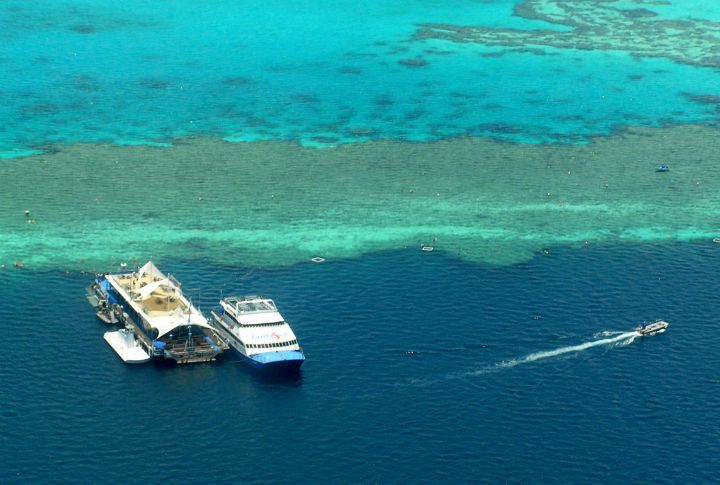
The Great Barrier Reef is a protected area, and local authorities enforce strict regulations to safeguard it. These laws are designed to preserve biodiversity and maintain the reef’s delicate balance. Whether it’s fishing, boating, or diving, following the regulations ensures that visitors enjoy it with caution.
Avoid Littering
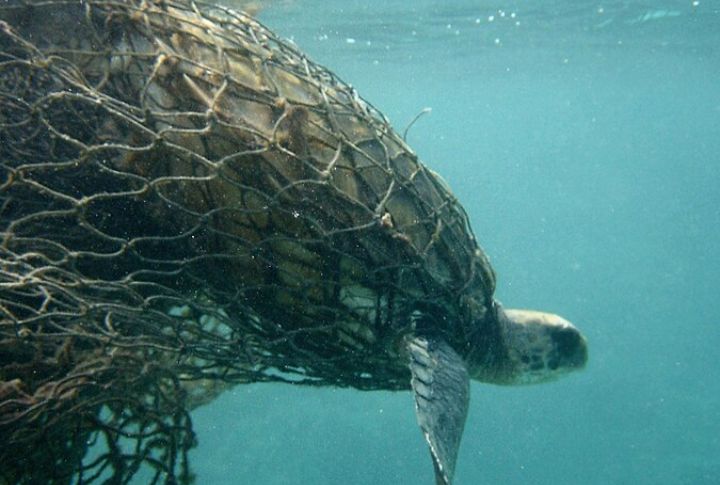
Plastic pollution is one of the most harmful threats to marine ecosystems. Fish and seabirds mistake plastic for food, leading to injuries and death. Keeping the reef free from litter by responsibly disposing of your waste not only helps marine life but also keeps the underwater world pristine for future adventurers.
Respect The Marine Protected Areas
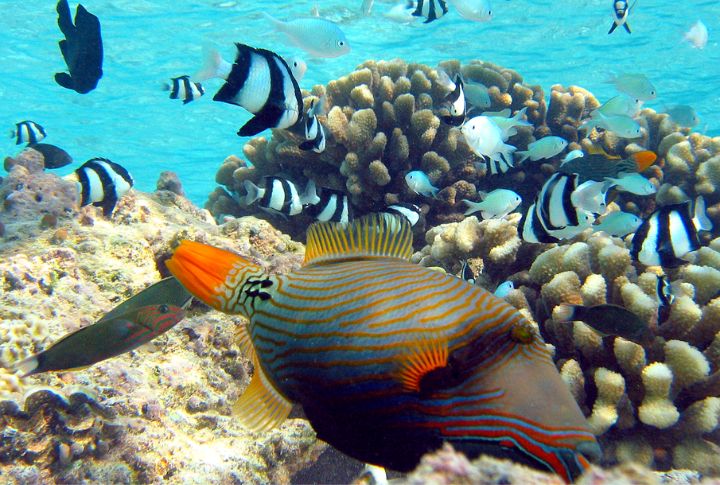
The Great Barrier Reef is divided into various zones, each offering a different level of protection. Some areas restrict activities like fishing, while others may allow specific recreational use. Know the zones and follow the specific rules of each to ensure you’re not harming the environment unknowingly.
Support Conservation Efforts

Many organizations work tirelessly to conserve and restore the Great Barrier Reef. Your support—whether through donations or spreading awareness—helps fuel ongoing projects. Conservation efforts directly benefit the reef’s long-term health, so consider how you can make a difference through your actions.
Keep A Safe Distance From Marine Animals
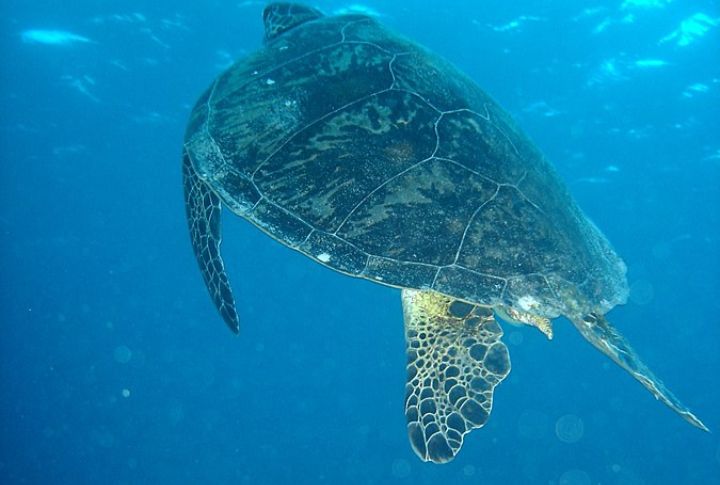
Whether it’s a sea turtle or a large fish, it’s essential to maintain a respectful distance. Approaching too closely can scare the animals and disrupt their natural behavior. The best way to appreciate marine life is by watching from afar, ensuring both your safety and theirs.
Watch Out For Dangerous Marine Species

While the Great Barrier Reef is mostly peaceful, some creatures are dangerous, like the box jellyfish and stonefish. Always wear protective gear, check local warnings, and know the symptoms of a sting. Awareness of your surroundings helps keep your experience safe and enjoyable.
Use Proper Snorkeling Equipment
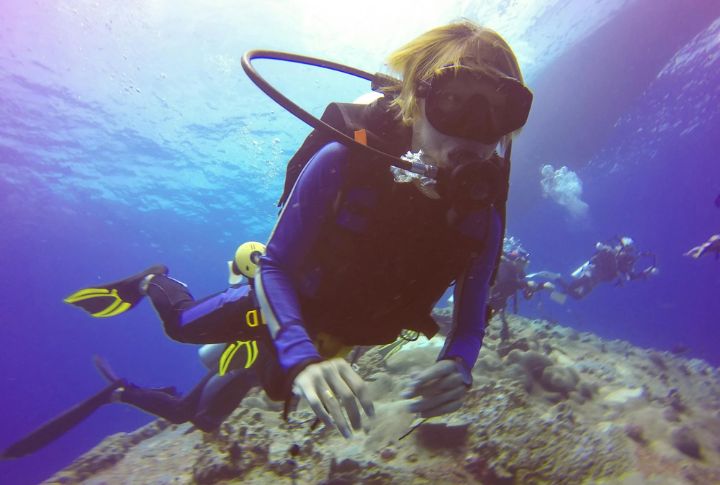
A good mask, snorkel, and fins are essential for comfort and safety, but ill-fitting equipment can cause discomfort or even accidents. Check for leaks in your mask and make sure the fins are secure. Proper gear can enhance your overall experience and keep you safe while exploring underwater.
Be Aware Of Strong Currents
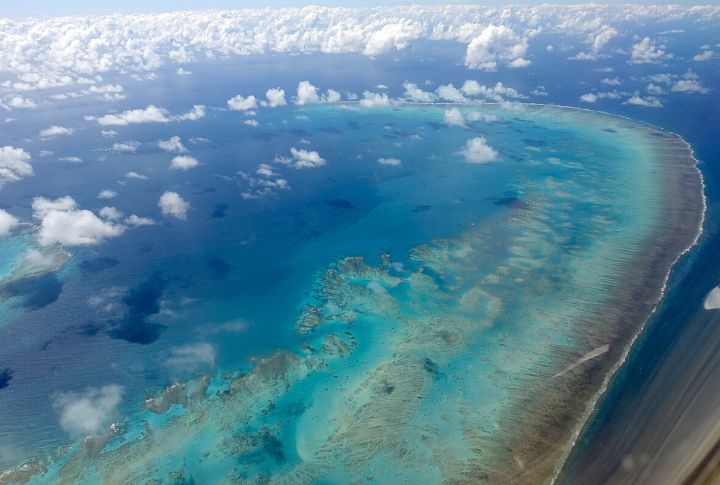
Certain parts of the reef can have strong currents, especially during tide changes. Some areas, like the northern reef, are notorious for this. Check the tidal conditions before entering the water and listen to guides’ advice to avoid getting caught in unexpected currents.
Know What To Do In Case Of An Emergency

In case of an emergency, knowing how to react can make all the difference. Have emergency contact numbers saved, understand basic first aid for marine injuries, and know the quickest route to the nearest medical facility. Preparation ensures you’re ready for anything that might happen.
Be Aware Of Weather Conditions
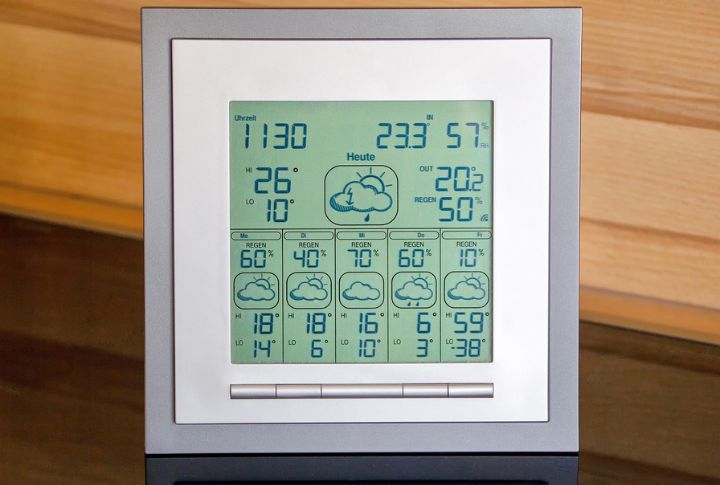
The Great Barrier Reef’s weather can change quickly. During summer, tropical storms are common, and sudden rain can reduce visibility. Remember to check the day’s forecast before heading out, and consider rescheduling activities if weather conditions are unfavorable. Safety should be your top priority.
Don’t Feed The Fish
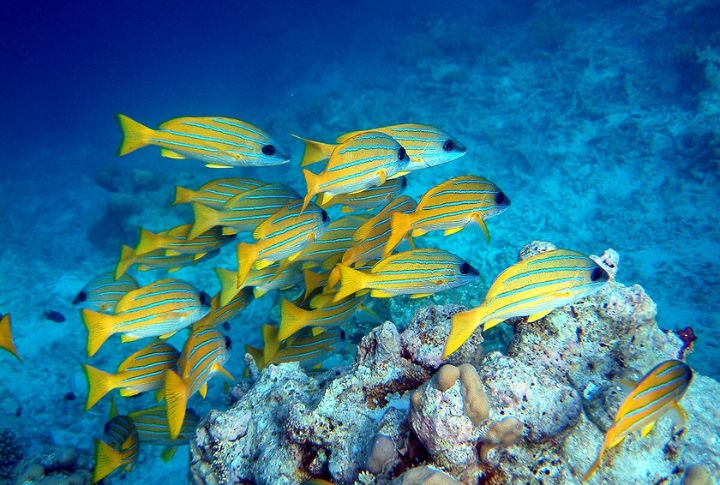
Feeding marine animals disrupts their natural diet and can alter their behavior. It encourages dependency on human food, which might not be nutritionally appropriate for them. Observe and enjoy the wildlife, but never feed them—your respect for their natural feeding habits helps keep them healthy.
Learn Basic Water Safety Skills

Before exploring the reef, it’s essential to be comfortable in the water. Knowing how to float, swim, and handle yourself in the ocean’s waves can prevent accidents. Consider taking a basic water safety course to ensure your confidence and safety in the water.
Support Eco-Friendly Accommodations

Eco-friendly accommodations minimize their overall impact on the environment. By staying at a resort or hotel with sustainable practices, you can decrease your carbon footprint. Look for places with waste reduction systems and solar energy use. Your stay can directly benefit the reef’s protection.
Avoid Single-Use Plastics
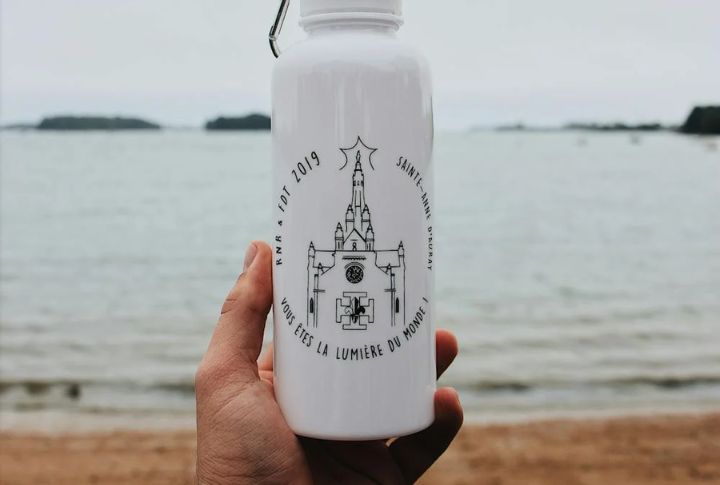
Single-use plastics like bottles, straws, and bags can end up in the ocean, where they harm marine creatures. Consider carrying reusable water bottles and bags when visiting the reef. This step can reduce the amount of waste entering the ocean and contribute to cleaner waters.
Understand Coral Bleaching
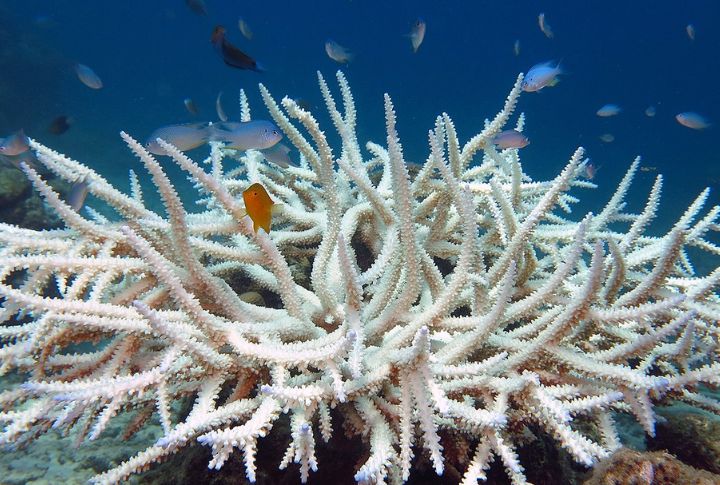
Coral bleaching takes place when sea corals expel the algae living within them, often due to temperature stress. This leaves the coral white and vulnerable. Over the years, rising temperatures have led to significant bleaching events on the reef.
Follow Safe Diving Practices
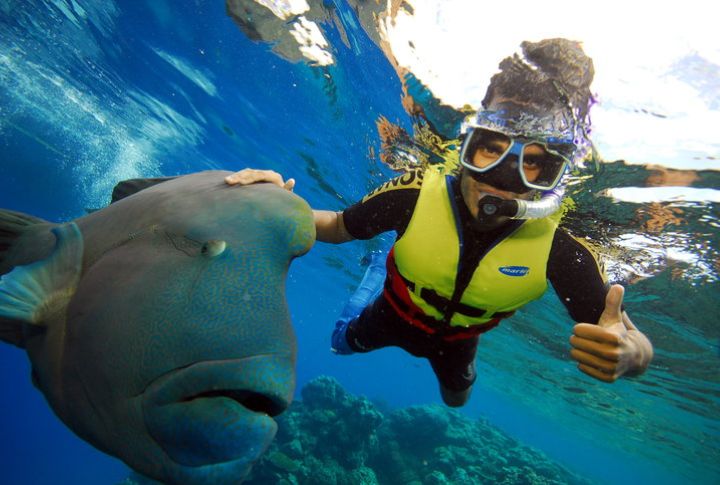
Diving in this reef can be an unforgettable experience, but it requires good preparation. Proper buoyancy control, equalizing pressure, and respecting depth limits are vital to avoid damaging the reef. Hence, dive with a certified instructor if unfamiliar with the area.
Respect Indigenous Knowledge And Culture

The Great Barrier Reef holds deep cultural significance for the Indigenous people of Australia. Their connection to the reef dates back over 60,000 years. Understanding and respecting their cultural beliefs and traditional practices while visiting the reef enriches the experience.
Be Mindful Of Noise Pollution
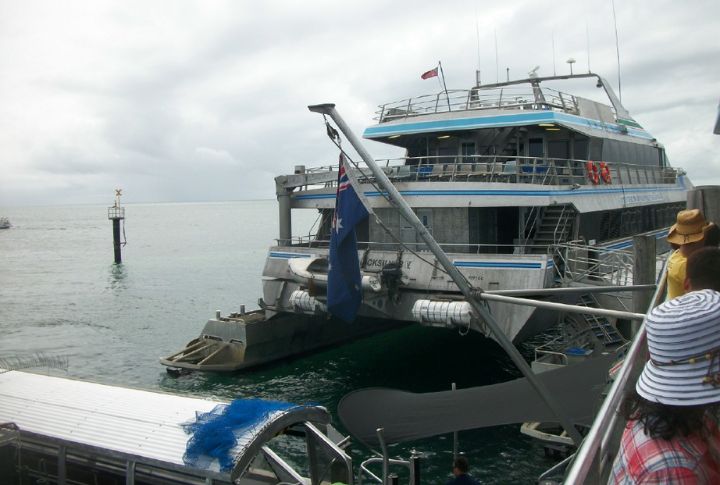
Underwater noise pollution can disturb marine animals, especially those that rely on sound for communication, like dolphins and whales. While enjoying the reef, always consider the noise your boat or activity might generate and aim to minimize it.
Contribute To Reef Monitoring Programs
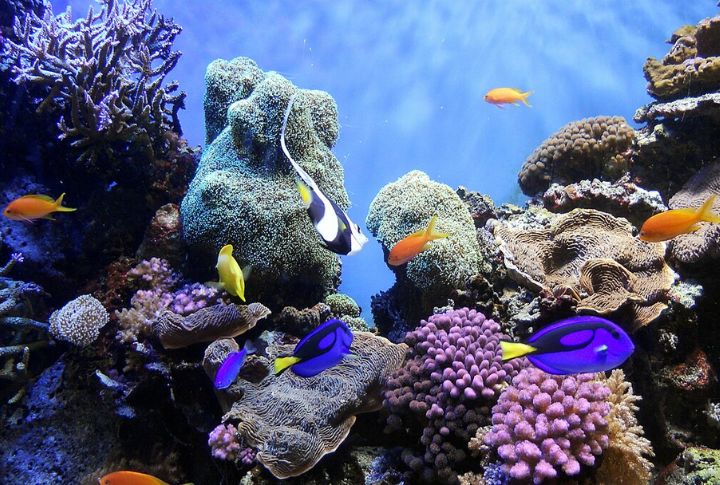
The health of the Great Barrier Reef is constantly being monitored through various citizen science projects. You can play a role in these programs by reporting sightings of marine life or even participating in reef surveys.






